 |
 |
 |
 |
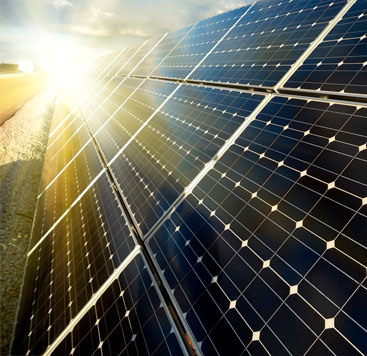 |
 |
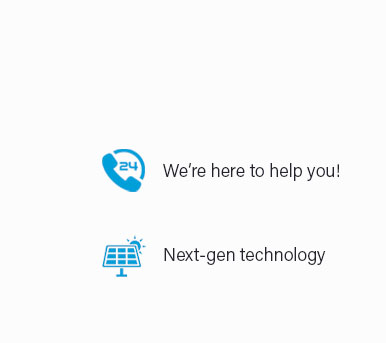 |
 |
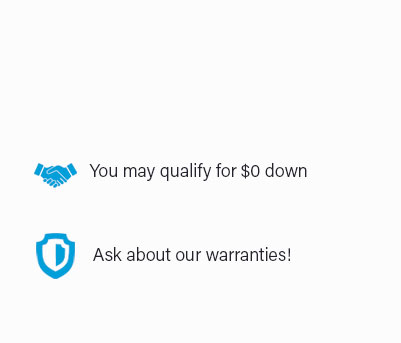 |
 |
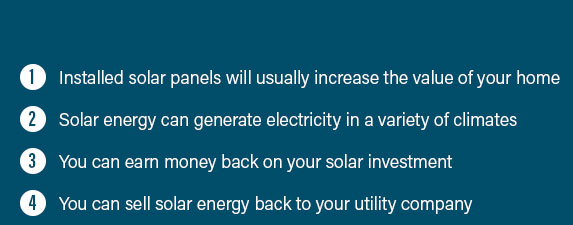 |
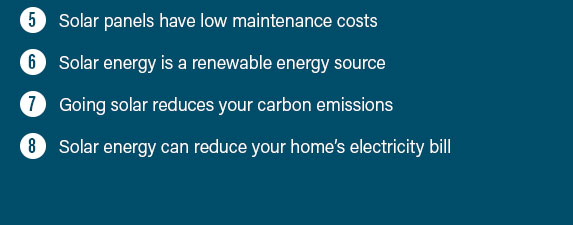 |
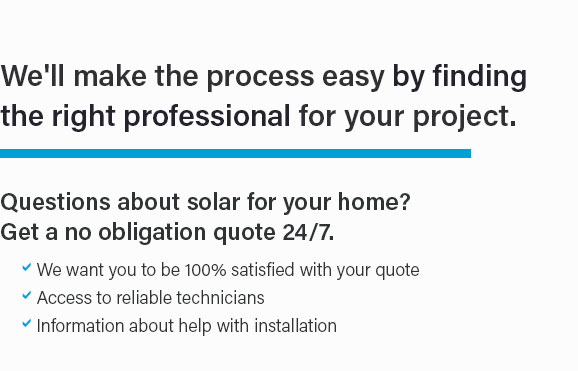 |
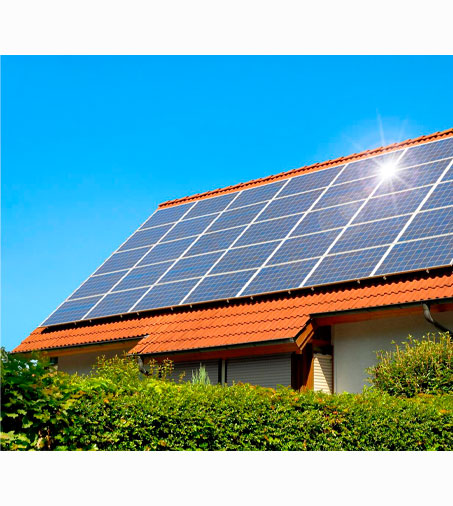 |
|
 |
 |
 |
|
Unlock the future of energy with our unbeatable solar system installation service-get your personalized solar panels installation quote today and join the revolution towards clean, sustainable power; experience unparalleled efficiency, cutting-edge technology, and a seamless transition to solar, all backed by our expert team committed to maximizing your savings and minimizing your carbon footprint-take the first step into tomorrow’s energy landscape and see why countless others trust us to light up their homes and businesses sustainably.
https://www.energysage.com/local-data/solar-panel-cost/
It costs around $29,000 to install solar panels. That's a big number, but incentives usually lower it significantly. https://www.altestore.com/?srsltid=AfmBOoprUOe00t5DVMXiiHQkYZ6cWhVpFfeuItGmT8jgRa-3hzbRzHun
Get Started with Solar - Fill Out the Energy Questionnaire Fill out the questionnaire to see your current energy consumption and determine what kind of system ... https://www.energy.wsu.edu/documents/solarpvforbuildersoct2009.pdf
Common System Types Most new PV systems being installed in the United States are grid-connected residential systems without battery back-up. Many grid- ...
|